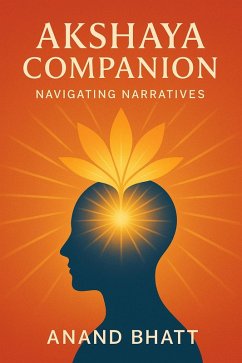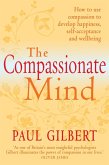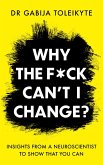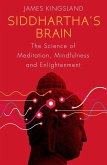At its core, the book unveils how our minds are not merely processors of information but narrative enginesconstructing, reinforcing, and often becoming trapped in stories about who we are and what the world means. Drawing from the Free Energy Principle, Active Inference, Lisa Feldman Barrett's theory of constructed emotion, and Acceptance and Commitment Therapy (ACT), Bhatt builds a unified framework for understanding how consciousness operates and how it can be liberated.
With clarity and depth, this Akshaya Companion explains how suffering emerges not from external conditions, but from rigid predictive models and maladaptive self-narratives. These predictive loopswhile once adaptivenow serve as bottlenecks that distort perception and drain our physiological and psychological resources. Bhatt presents a path forward: a direct, embodied mode of consciousness that bypasses compulsive storytelling and grants access to real-time experience, resilience, and freedom.
This book is not a passive readit is a companion for a paradoxical yet necessary personal transformation. Readers are guided through concepts such as psychological flexibility, allostatic regulation, self-as-context, and the architecture of agency in a probabilistic universe. Practical exercises and insights help dissolve narrative entrapment and cultivate "autonomic well-being"a self-sustaining mode of existence in which the mind and body adapt fluidly to life's unpredictability.
For seekers, clinicians, scientists, and anyone weary of their own internal loops, Akshaya Companion is both a compass and a call to clarity. It maps the journey beyond the imagined self, toward a luminous, grounded presence capable of navigating chaos without becoming it.
Dieser Download kann aus rechtlichen Gründen nur mit Rechnungsadresse in A, B, CY, CZ, D, DK, EW, E, FIN, F, GR, H, IRL, I, LT, L, LR, M, NL, PL, P, R, S, SLO, SK ausgeliefert werden.









